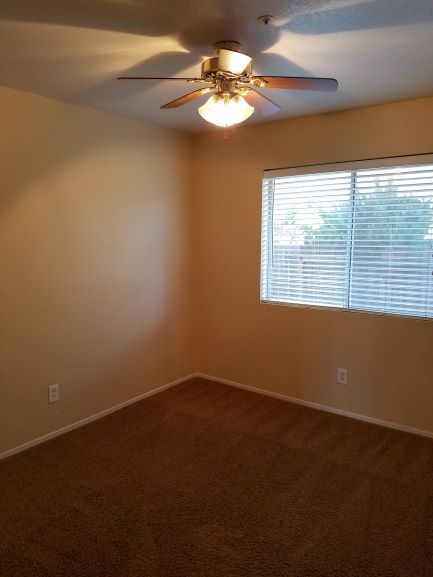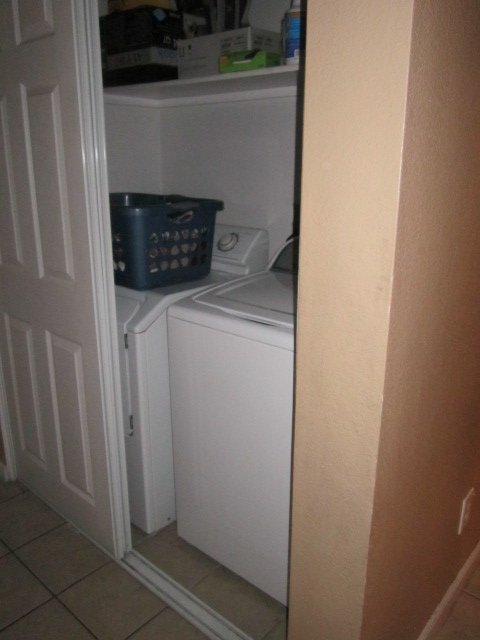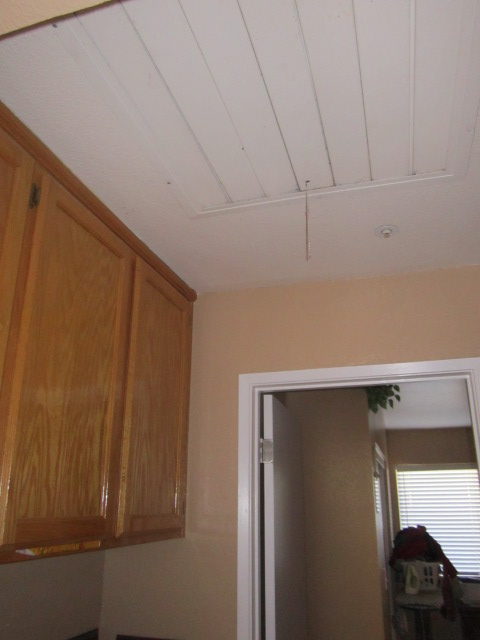You are here

‘Peculiar’ Economy to Stabilize in Second Half of 2021?
Share
December 11, 2020 Christina Hoffmann
There’s light at the end of the tunnel for the battered economy. But first, we have to get through the turmoil of the next few months, said leading economists who gave their outlook for 2021 on Thursday during the National Association of REALTORS®’ virtual Real Estate Forecast Summit.
More fiscal stimulus and effective distribution of a COVID-19 vaccine will be key to accelerating the economic recovery, said David Berson, senior vice president and chief economist at Nationwide Mutual. He and other panelists predicted growth in 2021, especially in the second half of the year.


Unemployment
Getting to the other side of the downturn depends on many factors in the economy, and that will make the recovery process more difficult than experts may previously have expected. “This recession is particularly peculiar because of the extreme winners and losers,” said Nela Richardson, senior vice president and chief economist for payroll processor ADP. “Housing is a definite winner. Tech services are a winner. But low-income workers are seeing four times the rate of unemployment compared to higher-income workers. People experience this recession differently.”


She noted that the first round of stimulus and the Payment Protection Program helped lower unemployment somewhat. But with the program set to expire this month, will temporary losses become permanent? “A majority of firms ADP surveyed indicated they’ll do something different with their business plan,” Richardson said. “Will that affect jobs? It’s still unclear.”
Berson predicted unemployment could get worse in the next few months before it gets better. Dana Peterson, chief economist for The Conference Board, added: “We won’t see the labor market go back to the 3.4% unemployment we had before the pandemic. It’ll probably level out around 5%. In normal times, that would be good. But based on how far we got in lowering the unemployment rate, that’s still quite elevated.”
Stock Market
The stock market is booming, noted Natalie Campisi, senior mortgage and housing reporter for Forbes Advisor, who moderated the panel discussion. Does that indicate a smooth road ahead?
“The stock market is a great compass, but not a great map for where we are now,” Richardson said. “It’s saying, ‘Yes, in a year, things might go back to normal.’ But that’s where [the stock market’s] optimism is stretched. Even as we see stocks climb steadily higher, you can’t dismiss the volatility to come, especially as we’re at the height of the pandemic. Typically, in a recession, it takes [stock] earnings about three years to recover from a trough.”
Inflation
Berson said inflation will rise in 2021, “but not at a worrisome pace.”
All the factors depressing inflation are still there, Peterson added, noting there may be new factors. “Many businesses are thinking about lowering wages for employees who move to lower-cost areas. That suggests wage depression and, consequently, puts a cap on inflation.”
She predicted inflation won’t get much above 2% and will manifest mostly in prices for assets such as real estate.
Federal Deficit
There’s a saying about the deficit, Richardson said: “Don’t worry about water damage when you’re trying to put out the fire.” Interest rates are low, so financing the debt isn’t burdensome. But at some point in the future, markets may become less forgiving, Peterson said. “Debt service will take over in terms of GDP, and we may see prospects for a financial crisis.”
Berson noted, however, that investors are still drawn to the U.S., so the deficit isn’t a problem right now. But it could be in the future if investors become more hesitant to put their savings into the U.S.
Housing Market
The housing market has been a bright spot this year, though inventory is a challenge. The problem, Berson says, isn’t just homebuilding and permitting but also getting prospective sellers to put their homes on the market. “Hopefully, people will feel good about strangers coming into their home once there’s a vaccine,” he said.
Although President-elect Joe Biden hasn’t been too vocal on housing so far, Berson said he’d be shocked if the Biden administration didn’t extend mortgage forbearance options—perhaps even into 2022—so the job market can catch up. “If not, we’d have a significant increase in foreclosures,” he said.
For her part, Richardson would like to see housing as a national priority: “I’ve yet to see an administration embrace that cause over the last 10 years.


















